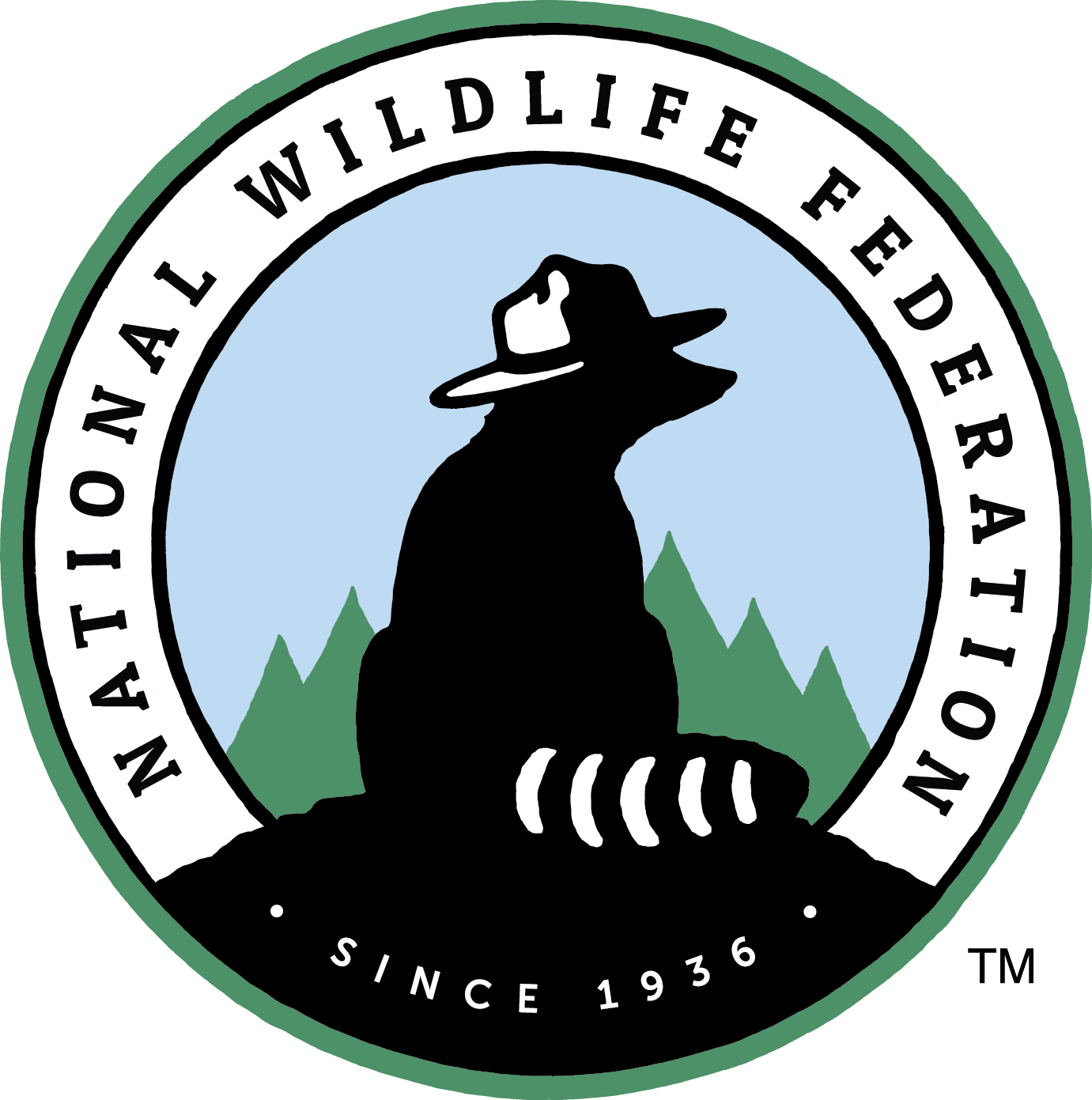Number: 2017-02
WHEREAS, native bee and other pollinator populations are in decline with more than a quarter of North America’s bumblebee species facing some level of extinction risk; and
WHEREAS, these pollinators are essential to the reproduction of nearly 85 percent of the world’s flowering plants and are needed to produce more than a third of the food and beverages humans consume; and
WHEREAS, the apiary industry is estimated to contribute 11.7 billion dollars to the U.S. economy; and
WHEREAS, neonicotinoids, a class of neuro-active insecticides, are pervasively used in North America but are currently restricted in European Union countries; and
WHEREAS, sublethal effects of neonicotinoids at 1 ppb have been observed in pollinators at realistic field exposure levels, with effects including impaired foraging behavior and decreased reproductive success; and
WHEREAS, neonicotinoids are extremely toxic to invertebrates and evidence of their toxicity to vertebrates is increasing; and
WHEREAS, there is growing evidence that neonicotinoid ingestion in white-tailed deer may cause birth defects and effects on the spleen; and
WHEREAS, recent research shows these chemistries are seldom helping farmers, in particular as reflected in a recent study showing no difference in crop yields, nor reduction in pest species numbers, in cultivated sunflowers; and
WHEREAS, neonicotinoids are present in many insecticides used in home gardens and urban landscapes where they can legally be applied in higher concentrations than on agricultural fields; and
WHEREAS, there is a better way of farming, gardening, and landscaping that utilizes biodiversity and soil health to control pests, which benefits farmers, gardeners and society in general; and
WHEREAS, in spring 2017 researchers at the US Geological Survey and University of Iowa reported neonicotinoids in treated drinking water, the first such findings in the US.
NOW, THEREFORE, BE IT RESOLVED that the National Wildlife Federation, in its annual meeting assembled June 8-10, 2017 in Stevenson, Washington, urges the Environmental Protection Agency to take action to suspend all uses of neonicotinoid insecticides in the United States and its territories until further research shows no unacceptable harm to native bees, monarch butterflies, other pollinators, and other wildlife.
